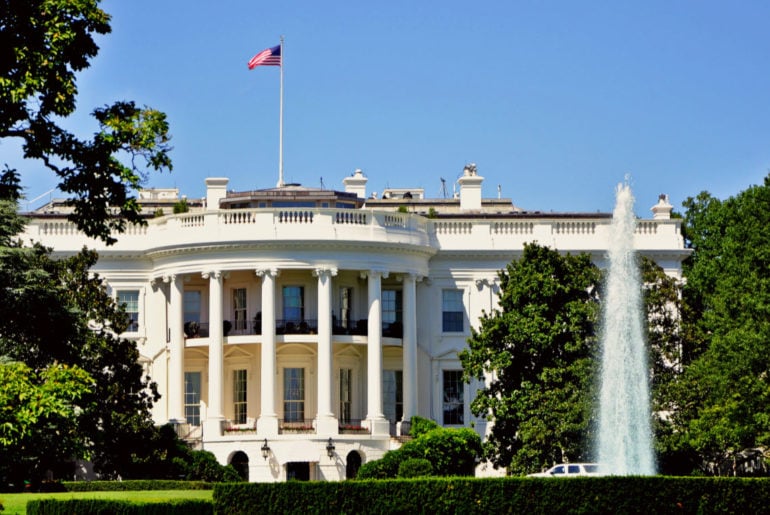On 1 July 2021, Russia adopted a paradigm-shifting law that establishes, among other things, new physical presence requirements for major foreign technology companies doing business in the Russian Internet space. Affected technology companies are required to open either a representative office, a branch, or a subsidiary in Russia. This article provides a brief overview of this radical regulatory development and its Russian tax implications, reviews the compliance alternatives, and suggests means to mitigate the associated tax risks.
Reclassification of individuals or activities for one purpose can have knock on consequences to business models and can lead to issues and liabilities in areas such as employment, wage tax, pensions, tax and regulatory. A decision or change in one area of law may be a time to re-assess the business model and consider whether that determination might have wider commercial implications.
On 1 July 2021, the Supreme Court issued its decision in the consolidated case Americans for Prosperity Foundation v. Bonta, No. 19-251 (US 1 July 2021). The Supreme Court reversed the judgment of the Ninth Circuit Court of Appeals and struck down a California donor-disclosure law as facially unconstitutional by a six to three majority.
As a result of COVID-19, construction on a number of renewable energy projects has been repeatedly delayed, potentially jeopardizing valuable tax benefits under the investment credit provisions. Such provisions require taxpayers to make continuous progress toward completion of the project once construction has begun.
On 10 August 2021, the U.S. Senate passed the USD 1 trillion infrastructure bill, known formally as the Infrastructure Investment and Jobs Act (Infrastructure Bill). The Infrastructure Bill includes provisions for approximately USD 550 billion in new federal spending over 10 years on various transportation, broadband, utilities, and other infrastructure projects. The Infrastructure Bill contemplates that USD 28 billion in income tax attributable to the disposition of digital assets will be collected over 10 years.
The Central Bank of Venezuela issued Resolution No. 21-08-01 of 6 August 2021, containing the Regulations Governing the New Monetary Expression. The Resolution entered into force on 16 August 2021. However, the new monetary expression will apply as of 1 October 2021.
The Inland Revenue Authority of Singapore (‘IRAS’) updated its transfer pricing guidelines on 10 August 2021, with the release of the IRAS e-Tax Guide: Transfer Pricing Guidelines (Sixth Edition).. IRAS has provided additional guidance and clarification with respect to TP documentation compliance, surcharges on TP adjustments, advanced pricing arrangements and mutual agreement procedure requests.
In the last couple of years, we have observed an increase in transfer pricing audits and disputes in many countries in the MENA region, which have caught many MNEs by surprise, especially in countries where formal TP regulations are not in place yet.
Held over three days, this virtual meeting focused on key trends and issues affecting the TMT sector in the Asia Pacific region and beyond.
By National Law No. 27,640, published on 4 August 2021, the National Congress approved the new regulatory framework for biofuels that will be valid in Argentina from 5 August 2021 until at least 31 December 2030 (“Law”). The Law establishes, among others, new mandatory percentages of biofuels to be included in blends with fossil fuels reducing from 10% to 5% the prior percentage for biodiesel, granting more discretion to the enforcement authority, and establishing tax exemptions while repealing previous tax benefits.



